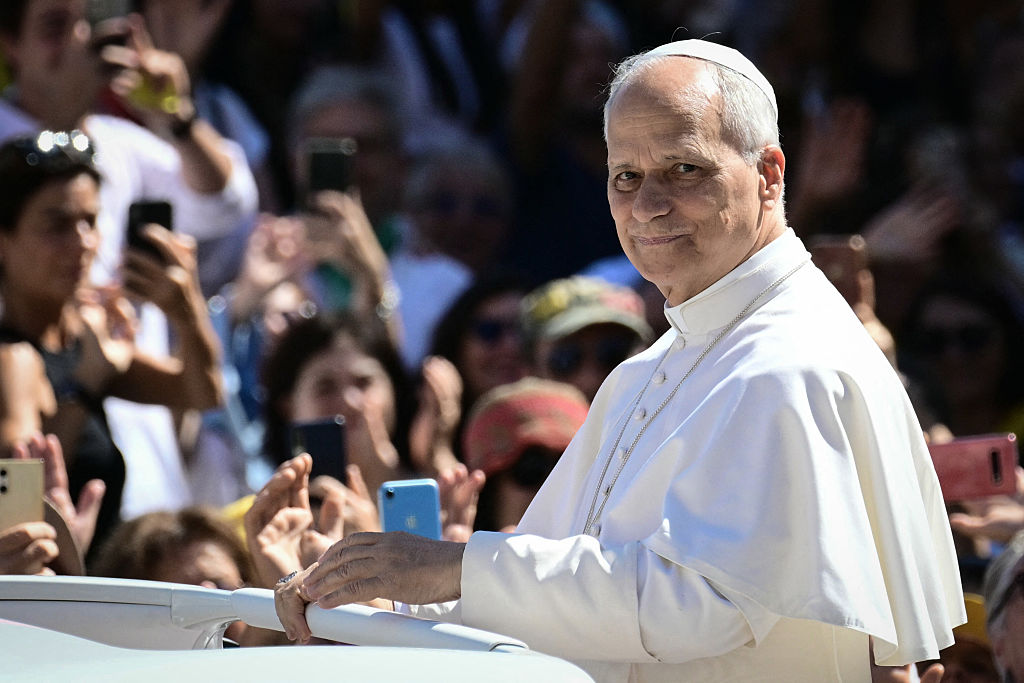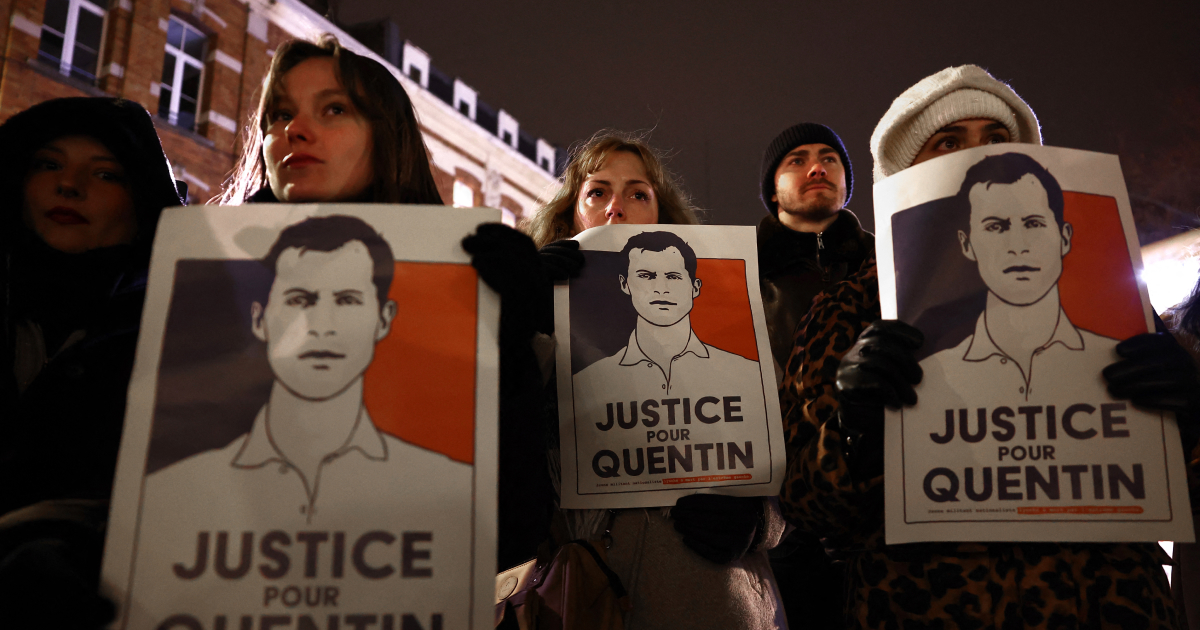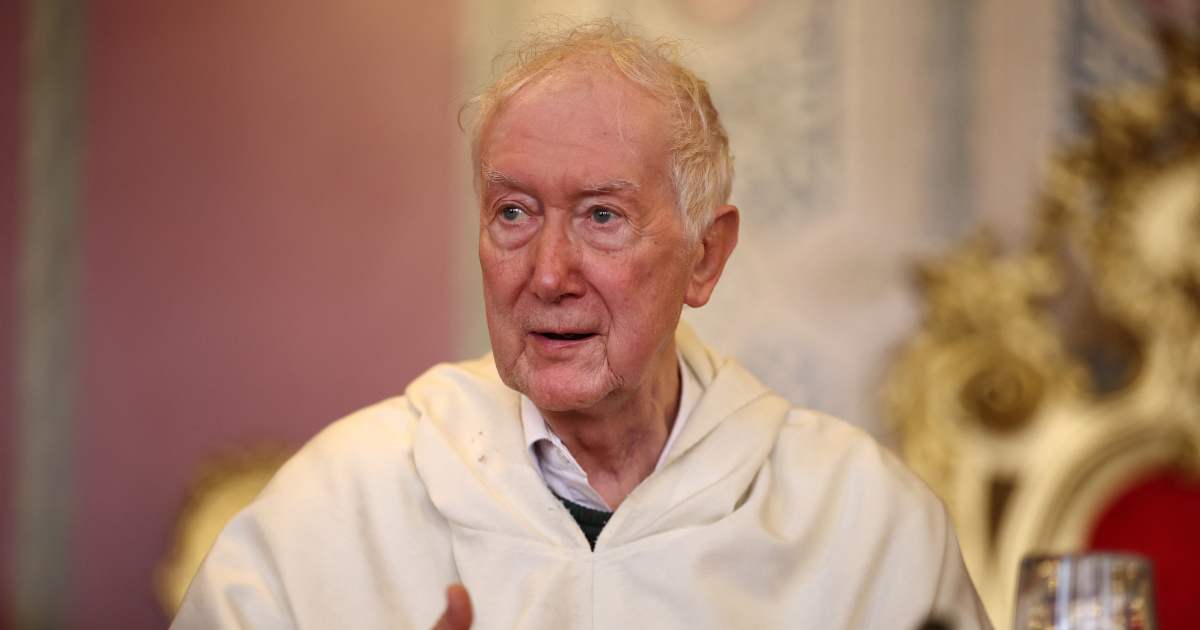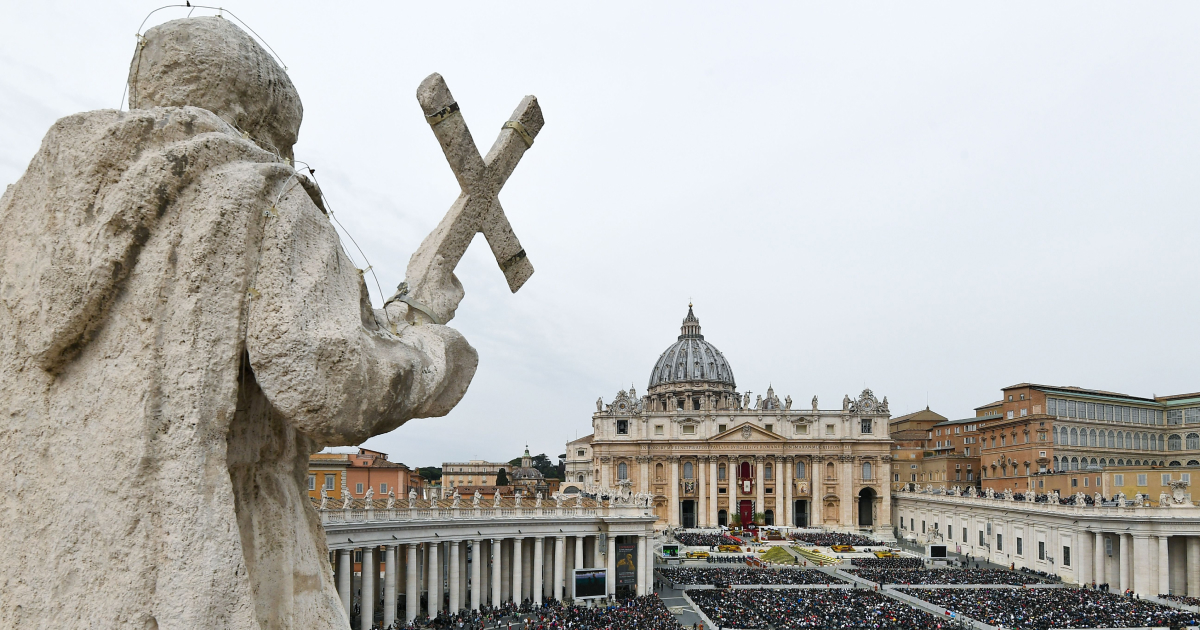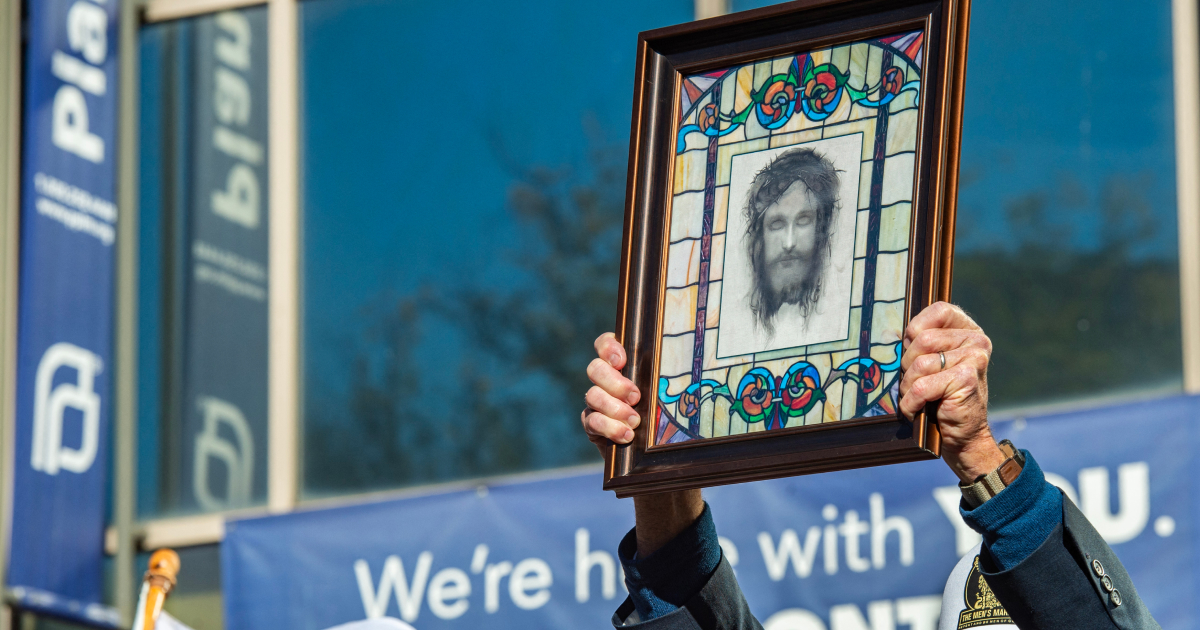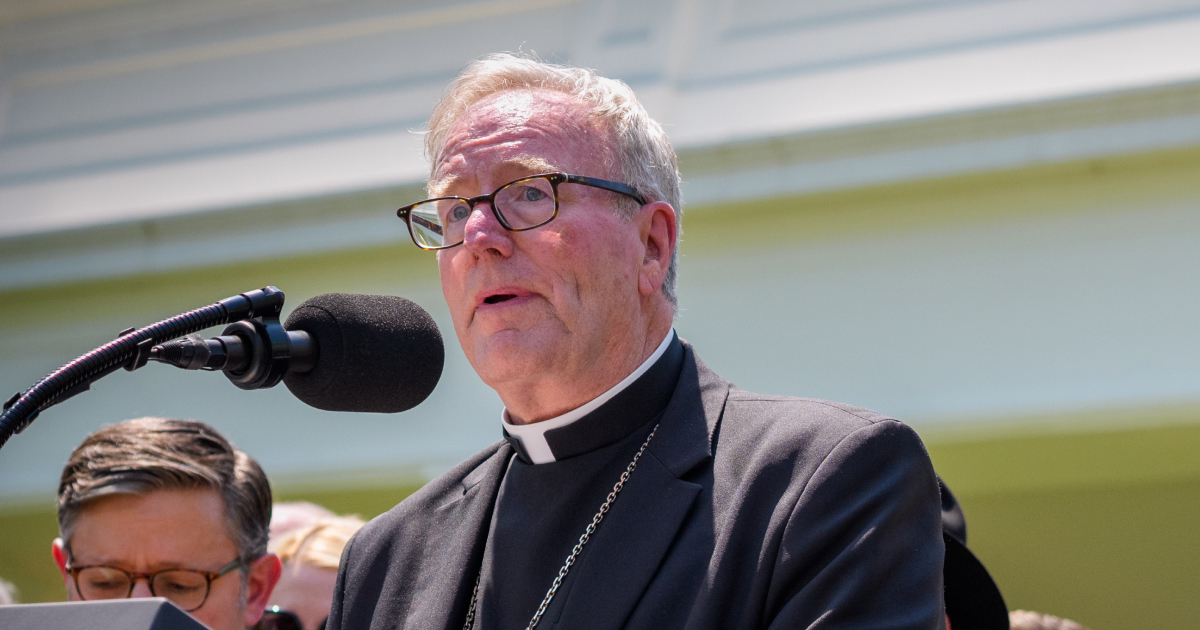The chairman of the German Bishops’ Conference has rejected suggestions that his country’s guidelines on same-sex blessings contradict Vatican teaching and despite Pope Leo XIV’s recent criticism of such initiatives.
Bishop Georg Bätzing of Limburg addressed the controversy during his closing speech at the bishops’ autumn plenary assembly, dismissing accusations of disobedience. “To construct the matter of ‘episcopal disobedience’ on the part of German bishops from Pope Leo XIV’s statements on Fiducia Supplicans is simply absurd,” he said.
The Pope, in an interview with the Rome-based Catholic news agency Crux, had expressed concern that in parts of Northern Europe “rituals of blessing ‘people who love one another’” were already being published, in direct violation of the Vatican document Fiducia Supplicans.
Approved by Pope Francis and issued by the Dicastery for the Doctrine of the Faith in December 2023, the declaration permitted spontaneous blessings for individuals in irregular unions, including same-sex couples, provided they were short and informal. It explicitly prohibited liturgical formularies and ceremonies.
Even before Pope Leo’s remarks, five German dioceses had refused to adopt the national guidelines, arguing they conflicted with Rome. The German text, entitled “Blessings Give Love Strength”, has been described by its authors as a pastoral application of Fiducia Supplicans.
Bishop Bätzing insisted that it was produced “in consultation with the Roman Dicastery for the Doctrine of the Faith” and that it deliberately avoided creating formal rites. The bishops’ conference declined to disclose details of this consultation when questioned by Catholic News Agency Deutsch.
In his homily at the assembly’s opening Mass, Bishop Bätzing reflected on the Church’s theological identity, warning against exclusive interpretations of salvation. He cited the Second Vatican Council’s Nostra Aetate as a landmark in the Church’s approach to other religions, fostering dialogue, ecumenism and freedom of conscience.
Other prelates at the gathering, however, drew attention to a growing membership crisis. Bishop Peter Kohlgraf of Mainz said the results of a nationwide survey underscored the depth of the problem. Confidence in the Catholic Church in Germany has collapsed to just 22 per cent, compared with more than 80 per cent in the 1980s, while three-quarters of registered members are now considering leaving altogether.
“Even if the Church and we bishops, as responsible actors, were to implement such an agenda in full, the pews would not automatically fill up again,” Kohlgraf said.
Archbishop Udo Bentz of Paderborn urged the Church not to become paralysed by difficulties, while still advocating for a synodal culture of dialogue. He warned, however, against narrowing discussion to questions of governance, saying this risked obscuring wider pastoral challenges.
Fiducia Supplicans has faced resistance in parts of Africa and elsewhere, with arguments that the declaration was incompatible with local culture and pastoral practice. Similar statements have been issued in other parts of the world.
In Germany, disagreement over its interpretation has emerged as bishops debate during the Synodal Way how far national guidelines can align with Vatican directives.
Photo: Pope Leo XIV greets the crowd from the popemobile during an audience as part of the Jubilee of Justice at St Peter's square in the Vatican, 20 September 2025. (Photo by TIZIANA FABI/AFP via Getty Images.)





